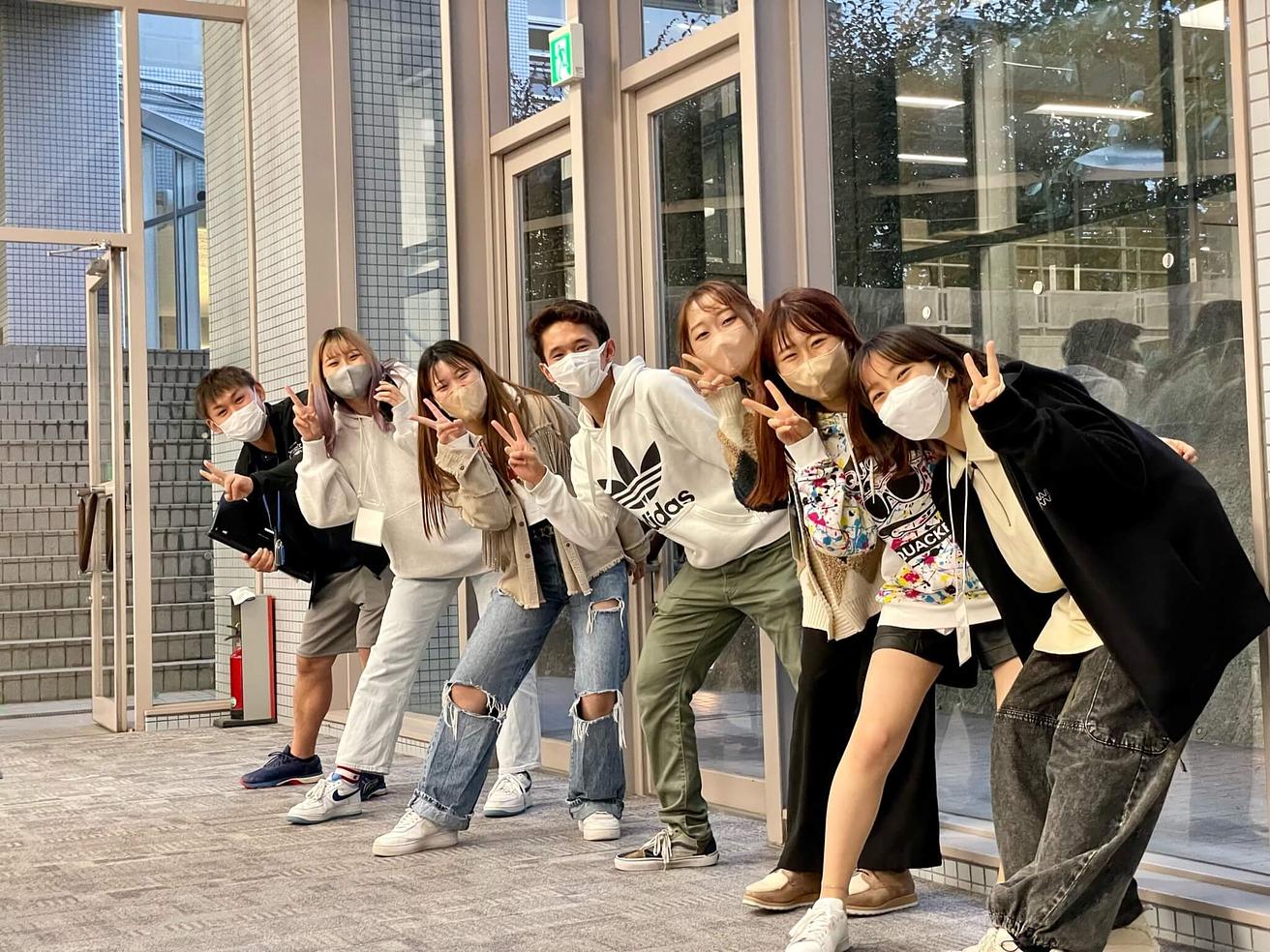Through my Japan-Australia-Japan experience, I have gained valuable insights into education policies, school administrations and pedagogies. I have also learnt how members of school communities work differently to achieve their potential and goals in various cultures and values.
The school community I am now working for offers dual pathways, i.e. a K12 international school with the IB programs and a secondary school with the national curricula. This unique setting nurtures global perspectives and a growth mindset among the members of our community. It is evident in our students’ initiatives and aspirations that are free from constraints and limits. There are students who operate their own start-ups such as a food van, art workshops using flower waste or supporting women in Afghanistan by selling their handmade crafts to the locals. The pinnacle of these activities would be our Grade 12 student who is the winner of the International Children’s Peace Prize 2022.
I value our daily casual chats with students as I learn a lot from them, they are the ideal source of all sorts of hints and ideas. Here is an example: the other day I was talking to a Grade 10 student who is seriously practising to become a professional magician, and he told me that there are three ironclad rules of magic tricks.
- Never tell what is about to happen.
- Do not reveal the plot.
- Do not repeat.
When I heard this, I immediately recognised that it sounded like an everyday classroom - and a typical example of a not-so-good classroom, especially in secondary schools.
Regarding (1), do we clearly explain to our students what they are going to learn and what they will be able to do through the unit of study?
Regarding (2), are we giving guidance on how each student should proceed in order to gain a sense of achievement, and are we presenting the actual content, completion and style of the level at which an A grade is achieved? Are we constantly communicating/making visible how far ahead/behind they are in their current learning process?
With regards to (3), do we repeatedly provide the best support, explanations and practices, recognising the obvious fact that each student's process of developing understanding is different?
What about in the area of assessment?
In the case of traditional paper-and-pen tests
- Do we tell them before the test what they will be asked, what kind of marks they will get, how many questions they will be asked and what kind of questions they will be asked?
- Do we tell students where the questions will come from, what they need to prepare and what the correct answers might look like?
- If they fail the test, are they given another chance to try again?
What if, at the beginning of the unit of study, students understood what they would be learning and what they would be able to do? How would students' attitudes towards learning change if success criteria and specific examples were identified? What would the relationship with students and teachers become if each individual was guaranteed an unlimited number of explanations and exercises necessary for deeper understanding?
What changes would it create in students if, a few days before the test, they were told what was coming up (what would be on the test), given a strategy and materials to guide their answers and given the opportunity to redo the test if they weren't satisfied with their performance? And how would the test questions produced by teachers be different?
“In a fast changing world, focusing on traditional academic skills will remain important, but that is not enough. To thrive as global citizens, children must be equipped with a breadth of skills. While we are advocates of a child-centric approach and personalised, passion-based learning, the relationship between an inspired teacher and a motivated student will remain essential.
Assessment has to be aligned with the core purpose of helping kids flourish and all of this should be reflected in the learning environments of the future.” - HundrED Global Collection 2023 (October, 2022)
A skill that magicians and teachers have in common is capturing the attention of the audience or pupils in front of us. However, while the magician may be admired for their exquisite interaction with the audience and their skill at enchantment, the work of the teacher is the opposite. All of a magician’s skills are fundamentally honed in tricking the audience, but a teacher’s skills must never be used to deceive the children in front of us.
Hoping to share another story with you soon.
Connect with Noburo on LinkedIn
If you are interested in joining the HundrED community, you can find more information here.
